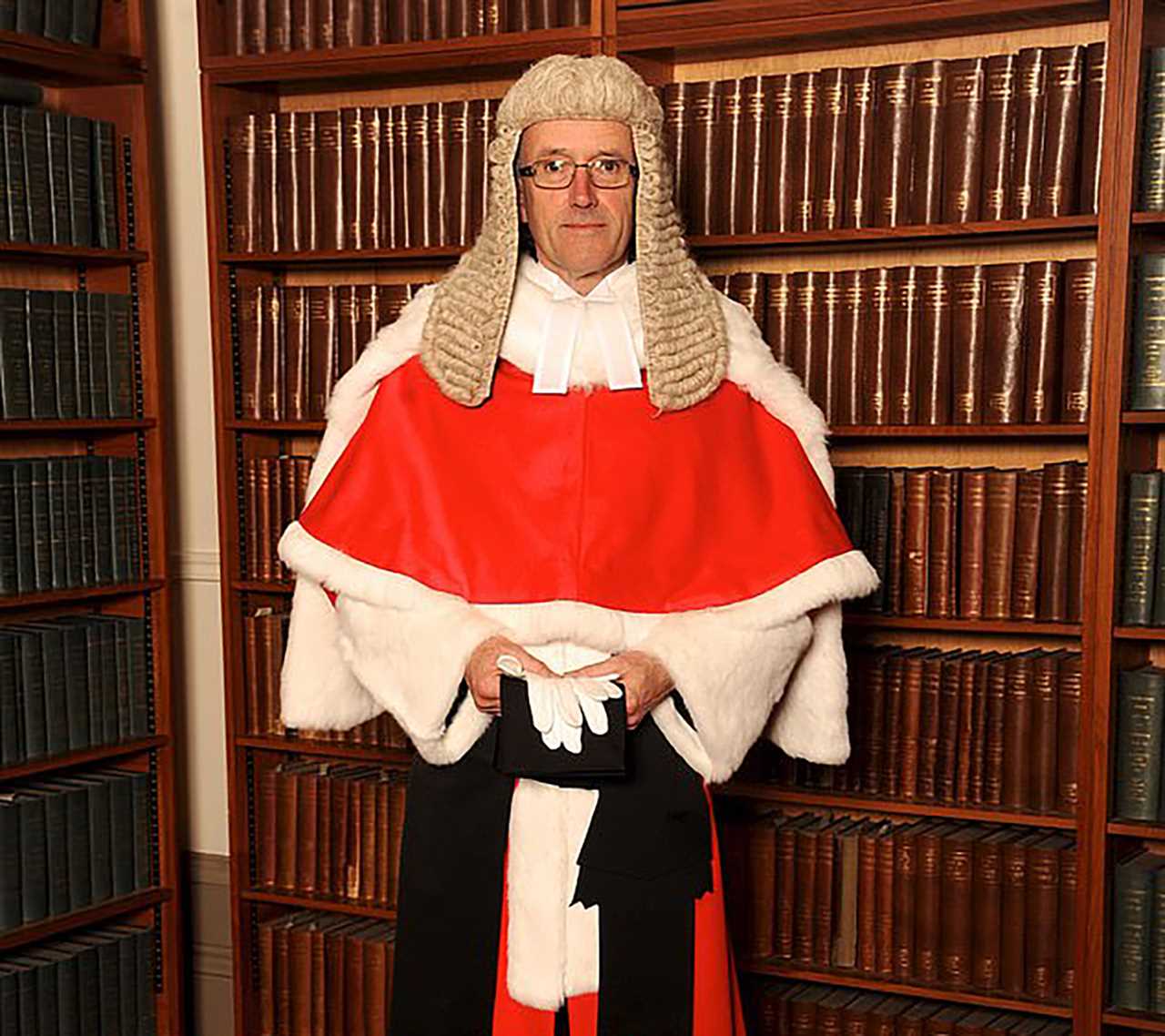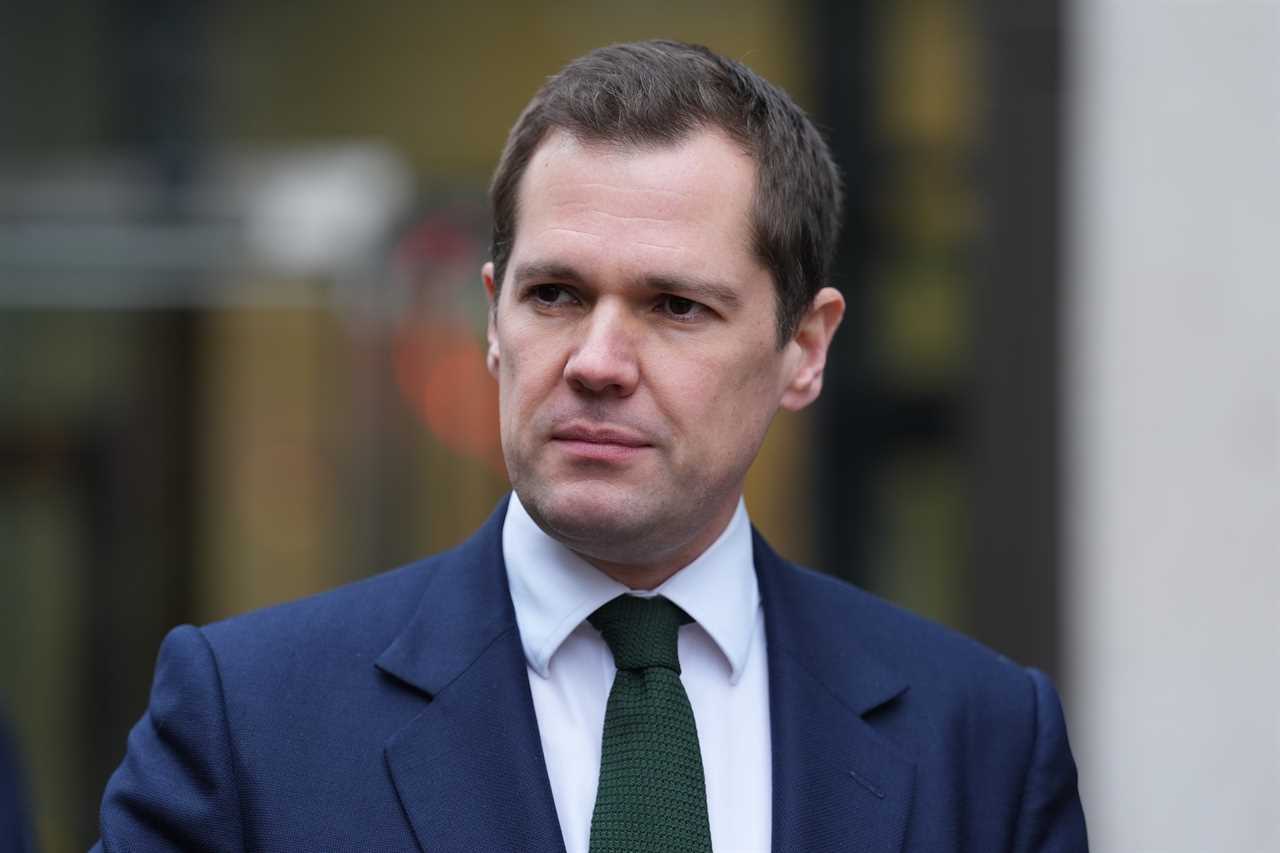
Audio Summary of the Article
Tories Demand Leadership Changes in Sentencing Council
The Conservative Party has intensified its push for the removal of Lord Justice William Davis, the head of the Sentencing Council. Tories argue that Davis has undermined the integrity of the judiciary and compromised public safety through his policies.
Accusations of Politicising the Judiciary
Lord Justice Davis stands accused of bringing political bias into the judicial system. Critics claim his approach to sentencing has politicised the judiciary, raising concerns about impartiality and fairness in the legal process.
Shadow Justice Secretary Pushes for Replacement
Shadow Justice Secretary Robert Jenrick has been vocal in his demand for Davis's resignation. Speaking in the House of Commons, Jenrick criticised Davis for straining the credibility of the Sentencing Council, asserting that his actions have damaged the institution's reputation.
Controversial Sentencing Guidelines Spark Debate
Davis introduced two-tier sentencing guidelines aimed at differentiating punishments based on offender profiles. These guidelines proposed prioritising certain groups, including ethnic minorities, religious individuals, and transgender people, for pre-sentence reports. Critics argue this could lead to biased sentencing, potentially resulting in lighter penalties for these groups.

Justice Secretary Stresses Need for Review
In response to the growing backlash, Justice Secretary Shabana Mahmood declined to comment directly on her confidence in Davis. However, she emphasised the necessity to re-evaluate the role of the Sentencing Council, especially after the council twice rejected ministers' requests to retract the contentious guidelines.
Tories Declare Battle Won After Legal Threat
Shadow Justice Secretary Jenrick announced a significant victory for the Conservatives after the Sentencing Council reversed its stance following the threat of legal action. He revealed that the council had until 5pm to respond to the legal challenge or face an injunction, with his legal team confident of success. Jenrick expressed gratitude to supporters of the campaign, claiming that the Sentencing Council had yielded to pressure, thereby restoring equality before the law.
Implications for the Judiciary and Public Trust
The push to remove Lord Justice Davis highlights a broader concern about maintaining the independence and impartiality of the judiciary. Ensuring that sentencing guidelines are free from political influence is crucial for public trust in the legal system. The controversy underscores the delicate balance between fair sentencing and safeguarding against discrimination.
Future of the Sentencing Council Under Scrutiny
With the Sentencing Council leadership stepping down, the future direction of sentencing policies remains uncertain. The Conservative Party is likely to advocate for reforms that reinforce the council's objectivity and prevent perceived biases in judicial decisions. This development could lead to significant changes in how sentences are determined, aiming to uphold fairness and equality across the board.
Public Reaction and Political Ramifications
The Conservative stance has garnered both support and criticism from various quarters. Proponents argue that removing Davis is essential for restoring trust in the judiciary, while opponents caution against potential politicisation of sentencing practices. The outcome of this debate may influence upcoming legislative priorities and the overall perception of the judiciary's role in society.
Looking Ahead: What’s Next for the Sentencing Council
As the Sentencing Council undergoes leadership changes, stakeholders are keenly watching for the introduction of new policies that align with principles of fairness and impartiality. The government's approach to regulating sentencing guidelines will play a pivotal role in shaping the legal landscape, ensuring that justice is administered without favoritism or prejudice.
Civil rights are the rights that protect individuals' freedoms from infringement by governments, social organizations, and private individuals. These rights include the right to free speech, freedom of religion, and the right to due process.
International politics can significantly influence domestic policy through trade agreements, foreign aid, and security alliances. Governments must balance international relations with the needs and interests of their citizens, often leading to complex policy decisions.
Political parties play a crucial role in organizing political activity, representing diverse viewpoints, and facilitating the electoral process. They provide voters with choices and help structure political debate and policy-making in a system.
The executive branch is responsible for implementing and enforcing laws, managing the day-to-day operations of government, and administering public policy. It is headed by the president or prime minister, depending on the country's system.
Political systems can be categorized into several types, including democracy, authoritarianism, monarchy, and oligarchy. Each system has distinct characteristics regarding how power is obtained and exercised, and how citizens participate in governance.
A politician is an individual who is actively involved in politics, typically as a member of a political party or a government. Their primary role includes representing the interests of their constituents, making decisions on public policy, and contributing to the legislative process.
Understanding legislative processes is essential for effective civic engagement. Start by familiarizing yourself with your country's legislative structure, including the roles of the executive, legislative, and judicial branches. Learn about the stages a bill must go through, such as introduction, committee review, and voting. Follow local legislative sessions through official websites or news outlets to observe the process in action. Engaging with advocacy groups can provide insights into how legislation impacts specific issues. This knowledge empowers you to participate more effectively in political discourse.
Did you miss our previous article...
 PoliticsRoyaltySoap OperaGamingMoneyPrivacy PolicyTerms And Conditions
PoliticsRoyaltySoap OperaGamingMoneyPrivacy PolicyTerms And Conditions
